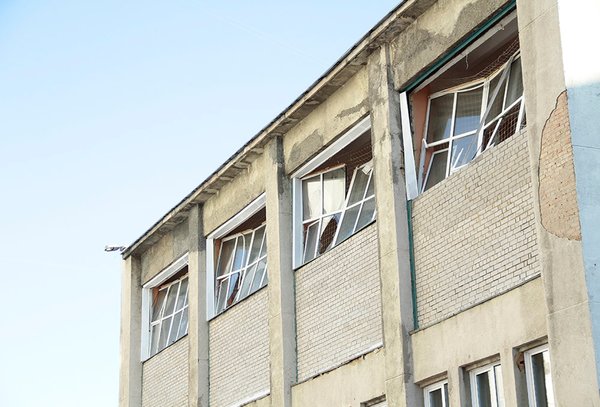|
Catastrophes have a way of making us think how we'll pay for the damage to our homes. Hurricanes, tornadoes, wildfires, mudslides, avalanches. Now add meteors falling from space to the hazards of life on earth.
After a meteor struck western Siberia earlier this month, and thousands of windows were shattered by the resulting sound waves, we learned meteor strikes are more common than we thought, though personal injury from these strikes is rare. Rest easy, “your insurance covers falling objects," says Robert Hartwig, president of the Insurance Information Institute, interviewed by CNN Money. In the rare events when meteors have crashed through homeowners’ roofs over the years, insurers have paid the damage for those insured, Hartwig says. “Blue ice” — the frozen sewage that sometimes falls from airplanes — is more common and is also covered if it falls from the sky onto your home, Hartwig said. A remnant of a meteor struck in the Urals region of western Siberia Friday injuring more than 700 people and damaging nearly 300 buildings. It was referred to as a “once-in-a-century” event. "The earth is pelted with 40 tons of space debris a year," says Laurie Leshin, a former NASA scientist. "Most of that is in teeny dust particles" and rarely does it injure people or damage property. Meanwhile, at least one Russian official is calling for development of an international warning system to better prepare people when an object from space is headed our way. Is this a good use of billions of dollars? Or just fantasy. Read more about it here.
0 Comments
Leave a Reply. |
Maureen Green
|






